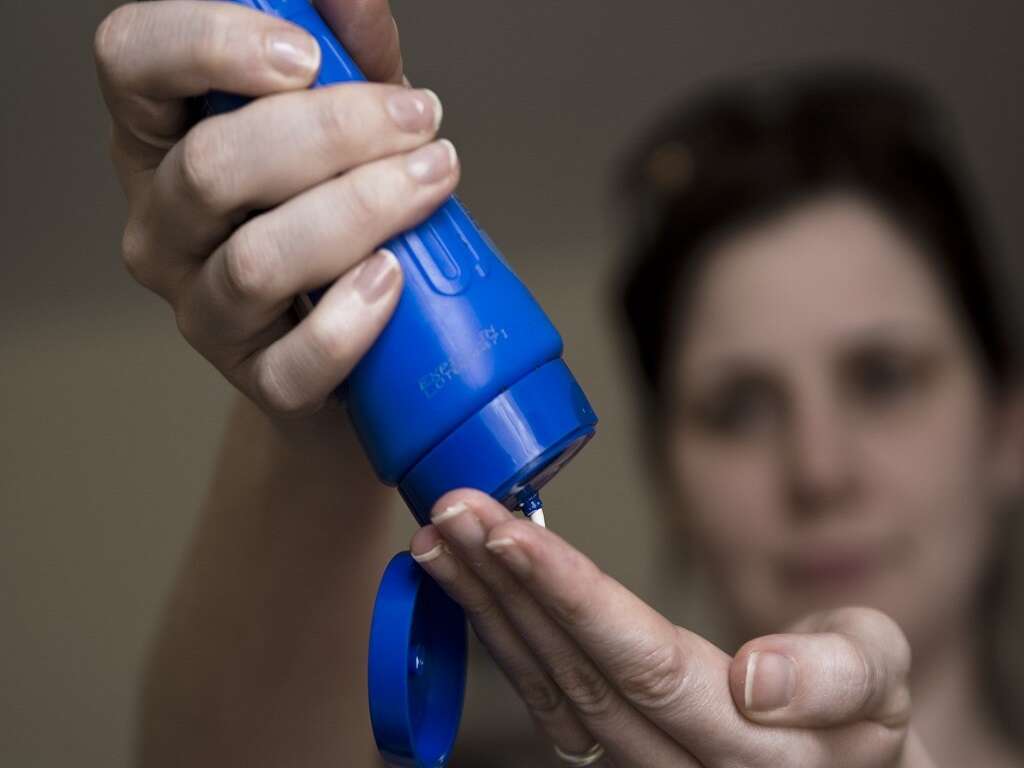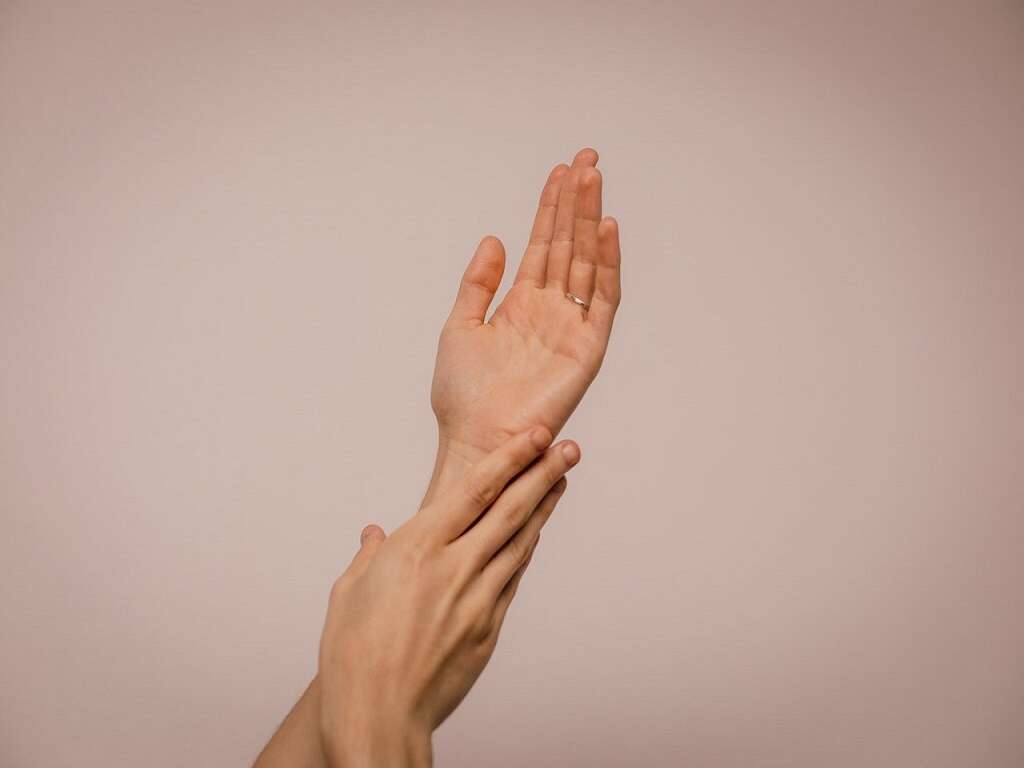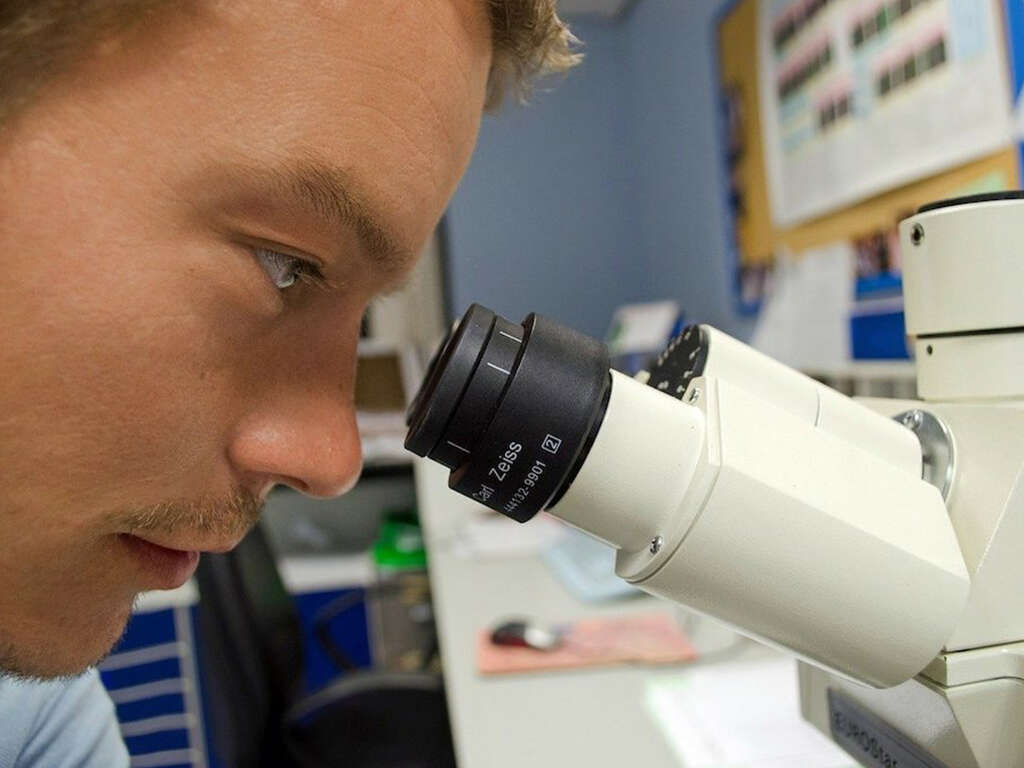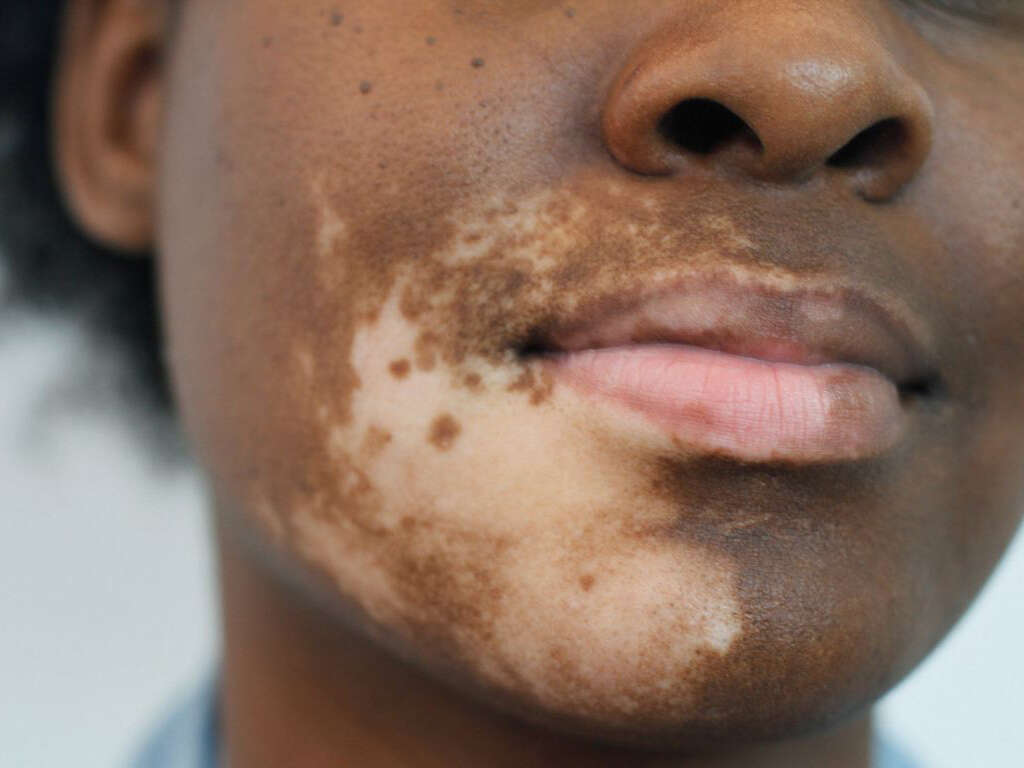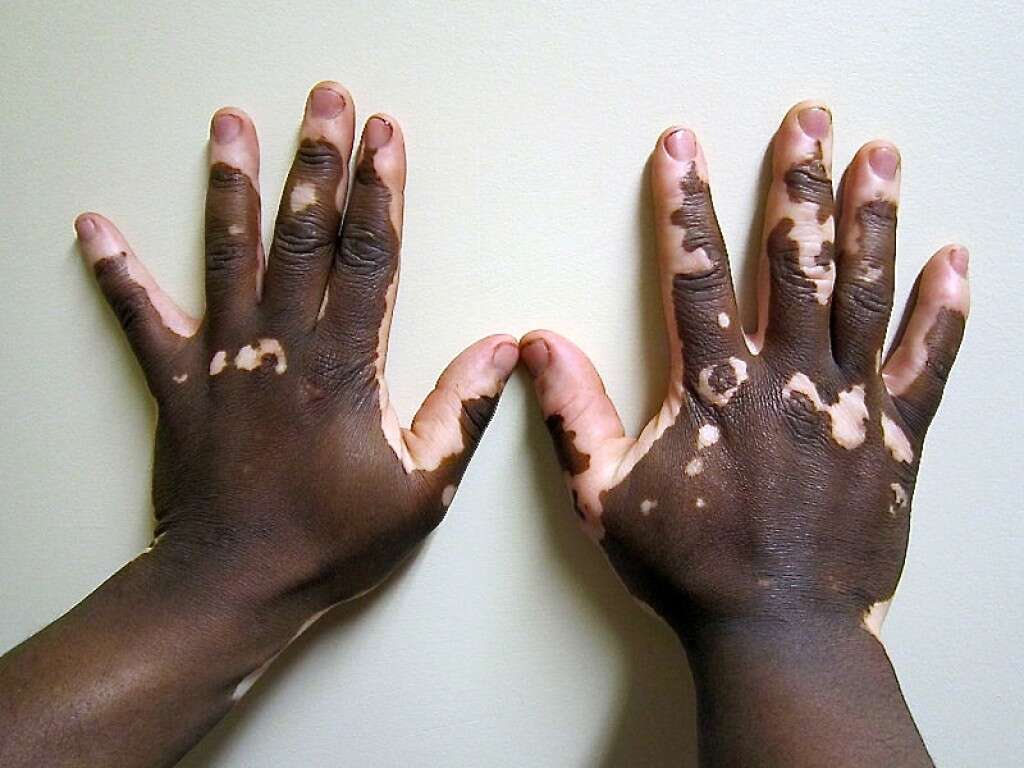10 Vitiligo Symptoms
 Article Sources
Article Sources
- 1. 'Vitiligo - Symptoms and Causes.' Mayo Clinic, 10 Apr. 2020, www.mayoclinic.org/diseases-conditions/vitiligo/symptoms-causes/syc-20355912
- 2. 'Vitiligo.' Nhs.uk, 20 Oct. 2017, www.nhs.uk/conditions/vitiligo
- 3. 'Can Hair Dye Cause Vitiligo or Make It Worse?' Living Dappled, 21 Mar. 2021, livingdappled.com/can-hair-dye-cause-vitiligo-or-make-it-worse
- 4. 'Oral Manifestations of Vitiligo.' PubMed Central, Jan. 2015, www.ncbi.nlm.nih.gov/pmc/articles/PMC4318026
- 5. 'Vitiligo: Types, Symptoms, Causes, Treatment & Recovery.' Cleveland Clinic, my.clevelandclinic.org/health/diseases/12419-vitiligo
- 6. 'What is the Psychological and Social Effect of Vitiligo?'Medscape, 19 Oct. 2020, www.medscape.com/answers/1068962-87954
- 7. 'The Problems in Sexual Functions of Vitiligo and Chronic Urticaria Patients.' ResearchGate, 1 Jan. 2007, www.researchgate.net/publication/6638246
- 8. Vitiligo: Patient Stories, Self-esteem, and the Psychological Burden of Disease.' PubMed Central, www.ncbi.nlm.nih.gov/pmc/articles/PMC5986114
Social Distress
Social stigma, distress and shame have long been associated with vitiligo, especially where the loss of skin pigmentation is prominent. Over time social distress can result in those with vitiligo becoming upset at the prospect of social contact, and they may develop avoidance tactics.
Patients experiencing these symptoms may find that their quality of life reduces over time. Social distress can be debilitating if not addressed, so early intervention is recommended.6‘What is the Psychological and Social Effect of Vitiligo?’Medscape, 19 Oct. 2020, www.medscape.com/answers/1068962-87954
Advertisement




